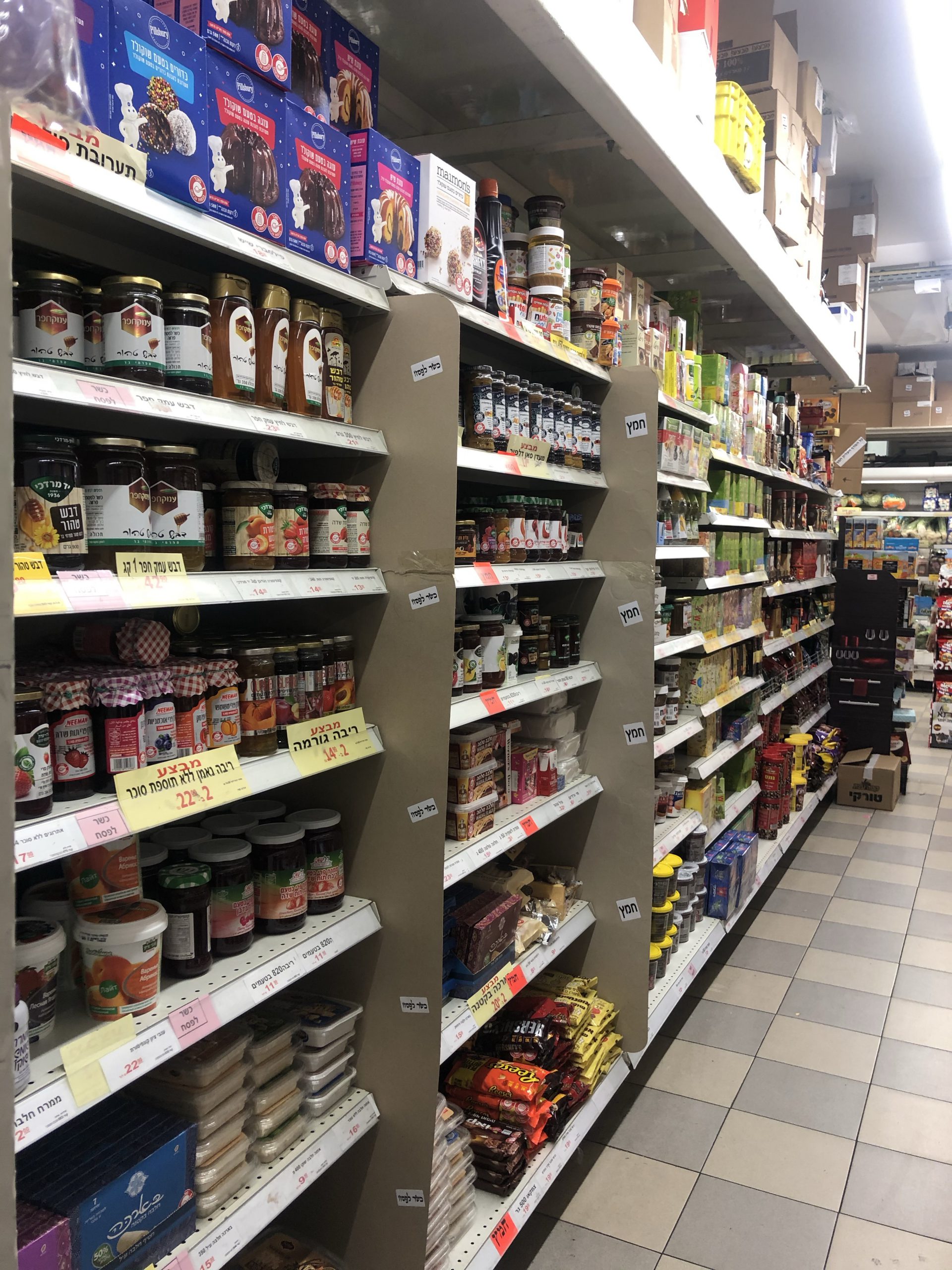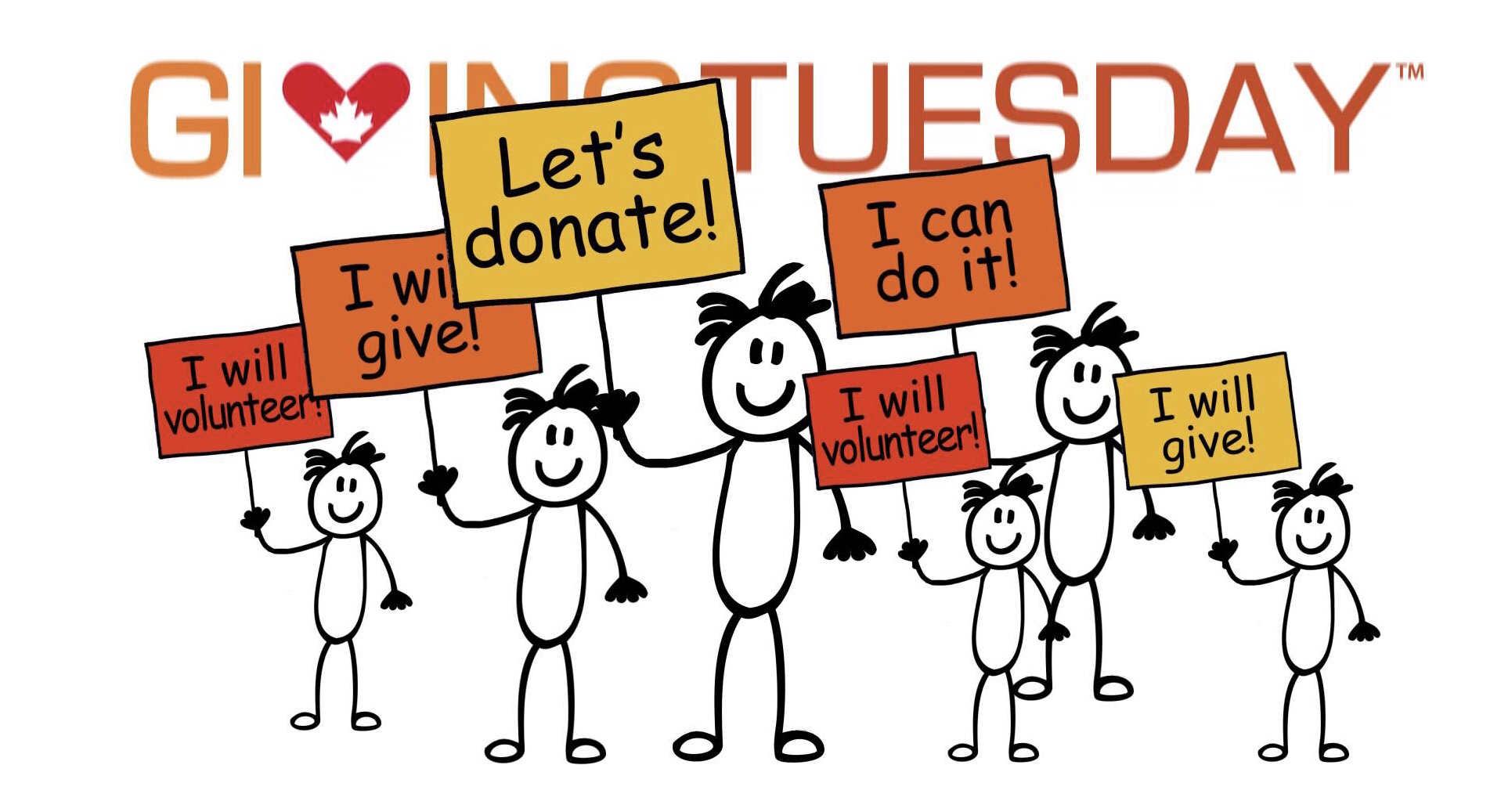Written in Samaria, Israel, on 2021-03-14: Sunset last night started the Rosh Chodesh (Renewed Month), the New Year (Rosh haShanah), and the countdown to Pessach (Passover). We are now in the first day of the First Month and as in every month the first day is treated as a monthly Shabbat feast and a day of rest, sunset to sunset.
For some, this could relate to a reset back to Proverbs 1 again, for those who correlate Bible chapters numbers with the number of days in the month.
I’d like to add that chapter 31 could be included – and should be – as the special chapter with added attention. Remember that a Biblical month (scientific month) will never ever ever have 31 days so it’s your choice if you’d like to honor that chapter by reading it especially, 4x per month, or 1x per month, or each Erev Shabbat, or whatever, as the Ruach leads.
Creation continues to change due to entropy. It may be possible that in ancient times, a month had a solid perfect 28 days. If true, it would be difficult to prove today. The moon does not have any turbo rocket engines; therefore, it is reasonable to expect the moon to slow down a bit over millennia, even as we observe that manmade satellites also lose speed (and altitude). Currently the moon is slow enough that it takes about 29.585 days to travel around the earth. That is an average: In the spring it tends to be a bit quicker and a bit slower in the autumn; and leads to the use of the Conjunction rather than the first visible sliver to start the month. That explanation needs more space, elsewhere. Similarly, the earth may have traveled around the sun in ancient times in a nice round 360 days, suitable for Enoch and perhaps prophetic spiritual calendars, but currently in the material reality it has slowed down to 364.26 days. However, these problems are not any issue when we follow the observed signs of the greater light (sun) and the lesser light (moon) which The Creator made for us as signs and seasons (Genesis/Beresheet 1:14-18).
In my heart I feel rather than neglect chapter 31, I give it extra attention, as His Bride honors The King. It’s cool that tradition leads husbands to bless their wives each Erev Shabbat with Proverbs 31, so I believe we the Bride can look forward to The King’s special blessings for us each Shabbat. In other words, we could read this chapter as if He is reading it to us in order to bless His Bride each Shabbat.
Note that in one pagan calendar, two pagan kings (Julius and Augustus) honored themselves as gods, renamed pagan months after themselves, and extended those months unscientifically to 31 days in order to give themselves special honor above and beyond the other 10 months/false gods. Remember that it is haughty opposition to “think to change the times and the law” (Daniel 7:25).
But as for Bible chapters it’s also important to recall that the chapter divisions are not necessarily important at all. They are simply manmade marker points to help people quickly locate the section.
Scientifically, a true month these days can either have 29 or 30 days, no more, no less. I see that one book that clearly relates numerically is 1 Chronicles (chronos = time; Hebrew: Dvrei haYamim) with 29 manmade chapter divisions. So for each day of the month, one could also read that chapter in 1 Chronicles, using the same numerology as for Proverbs.
However, it is worthwhile to note that while man has chosen the chapter divisions, and some men have thought to change the times and the laws, YHWH Elohim has set the divisions of days, months, and years. He has created the lights of the heavens for the signs and seasons, and He has announced how they pertain to His declared feasts, which will continue until heaven and earth pass away, after the Millennium (Isaiah 56, 58, & 66; Revelation 21).

















